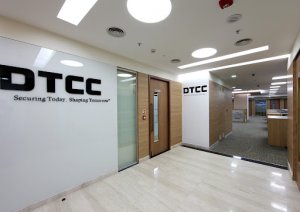How to estimate economic value of crypto: Sygnum Bank AG publishes report
The report’s deep dive into institutional-grade frameworks for the valuation of cryptocurrencies identifies five core crypto asset value drivers: intrinsic value, security, governance rights, utility, and memetics.

The invention of cryptocurrencies created a new type of asset. But how these assets create economic value and how to estimate this value is still poorly understood in the market.
To help institutions better understand the value behind each crypto asset, Sygnum Bank AG published the “Valuing Crypto Assets” report, which contains an institutional-grade methodology, enabled by growing asset-class maturity, that can act as a guide for smart, early money into crypto asset investments.
How to value cryptos, NFTs, stablecoins, tokenized assets, etc
Sygnum’s report is divided into 5 parts, covering how to assess crypto asset growth and early-stage transformational technologies, as well as valuing cryptocurrencies by matching methodology with the right token type. The document also covers valuation frameworks for decentralised applications, NFTs, and other tokens including stablecoins, tokenized assets, and private corporation tokens.
The bank’s investment research is focused on a six-step strategy that enables institutional investors to better asses potential crypto-asset growth. Strategies covered in depth include market-sizing methodologies, sector trend monitoring, project data and community engagement tracking, qualitative factors and analysis of protocol and application development trends.
The report’s deep dive into institutional-grade frameworks for the valuation of cryptocurrencies identifies five core crypto asset value drivers: intrinsic value, security, governance rights, utility, and memetics.
Both market-tested and innovative emerging valuation methodologies are analyzed with ideal use cases and weaknesses presented in a balanced context.
Sygnum Bank AG was rooted from the start in the financial hubs of Switzerland and Singapore and was the first of its kind to hold both a Swiss banking licence and a Singapore asset management licence. The company harnesses DLT to systematically and holistically embed digital assets into regulated banking.
The bank also operates out of Abu Dhabi and Luxembourg, where it offers an integrated portfolio of crypto banking, asset management, tokenization, and B2B banking services.









